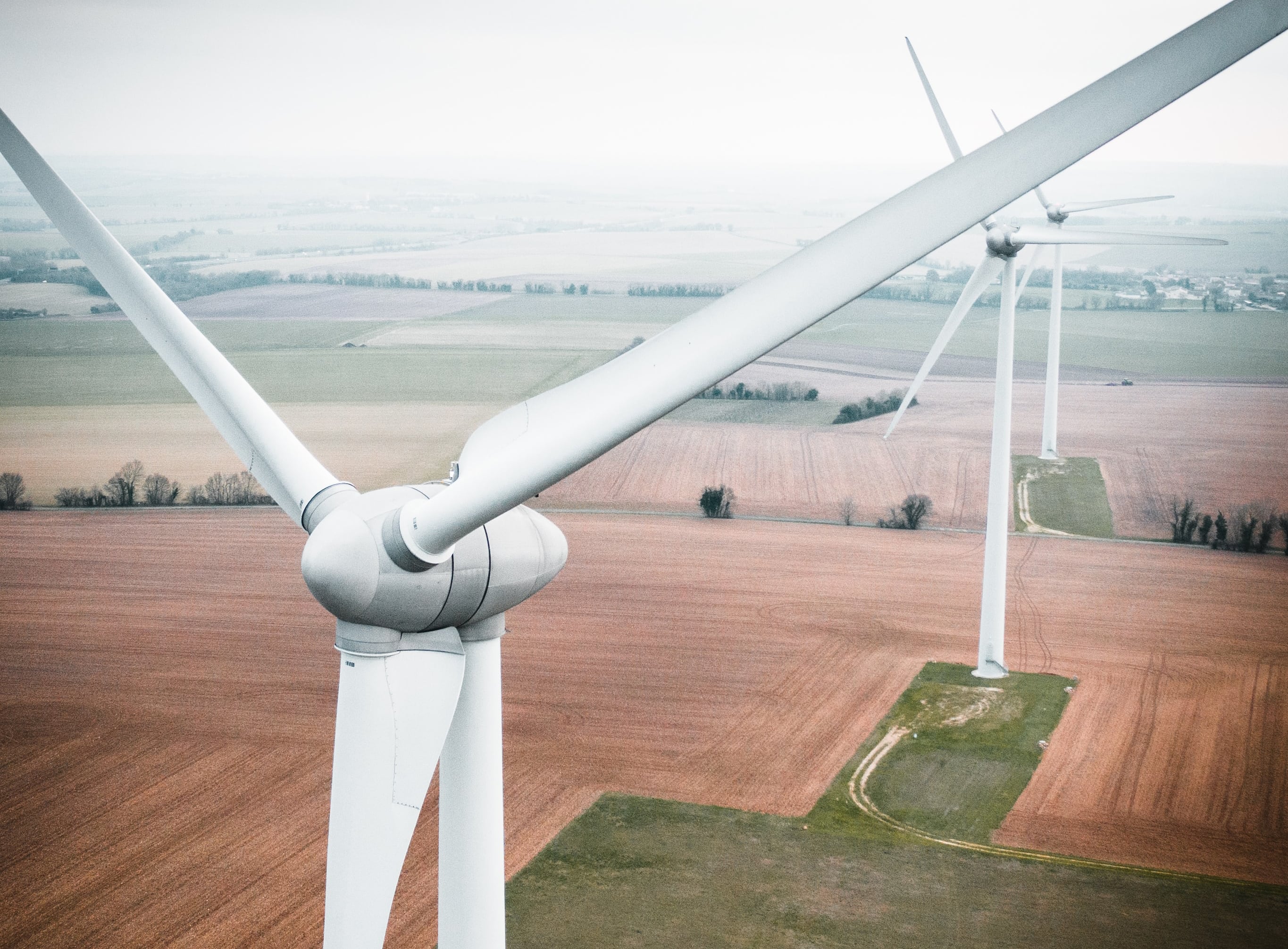In our aluminum smelters, foundries and remelting plants we continuously identify and exploit potential for increasing energy efficiency and reducing emissions. In primary aluminum production, we are driving forward the networking and digitization of processes and experimenting with superconductor technology for loss-free power lines. In addition, TRIMET is developing a new electrolytic cell that releases oxygen instead of carbon dioxide during operation, thus enabling aluminum production without direct CO2 emissions.
By using state-of-the-art burner technology, we are also reducing emissions in our smelters and anode factories. We are also preparing our foundries and remelting plants for the use of hydrogen-containing process gas, which will significantly reduce direct greenhouse gas emissions.
